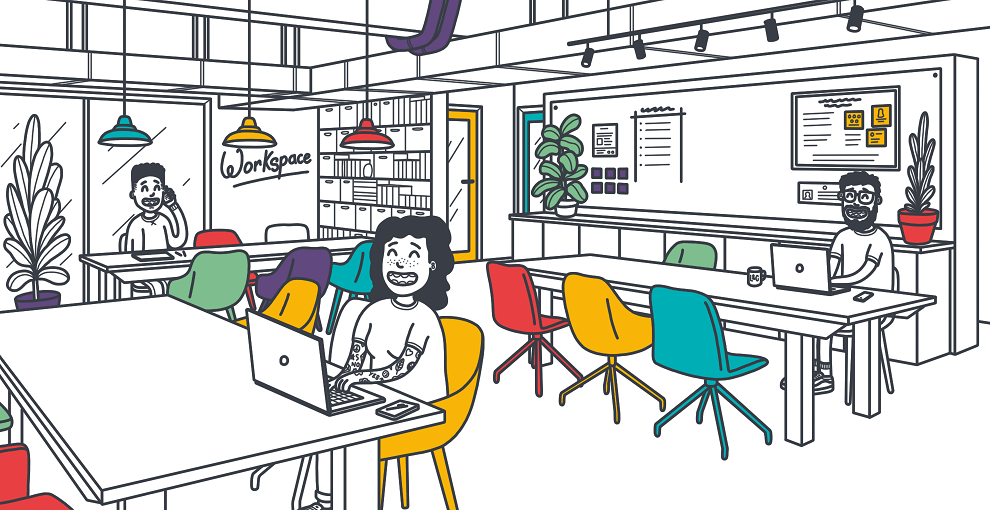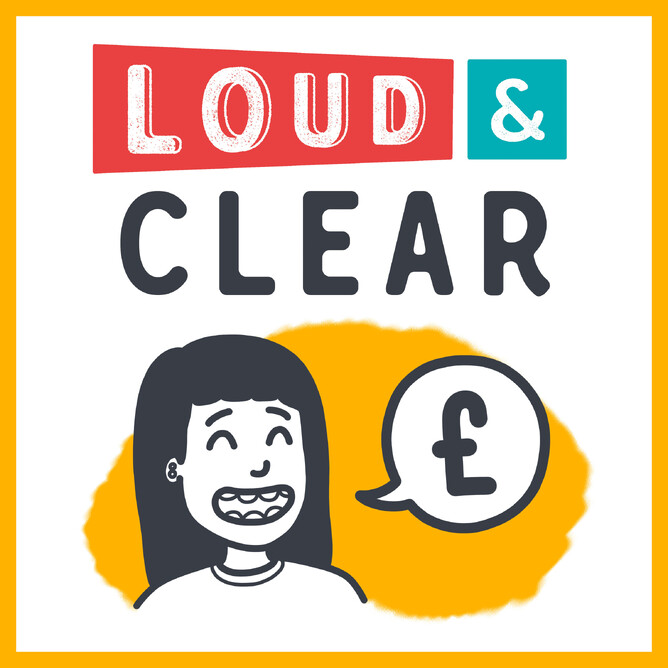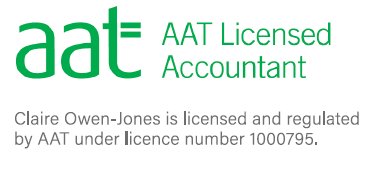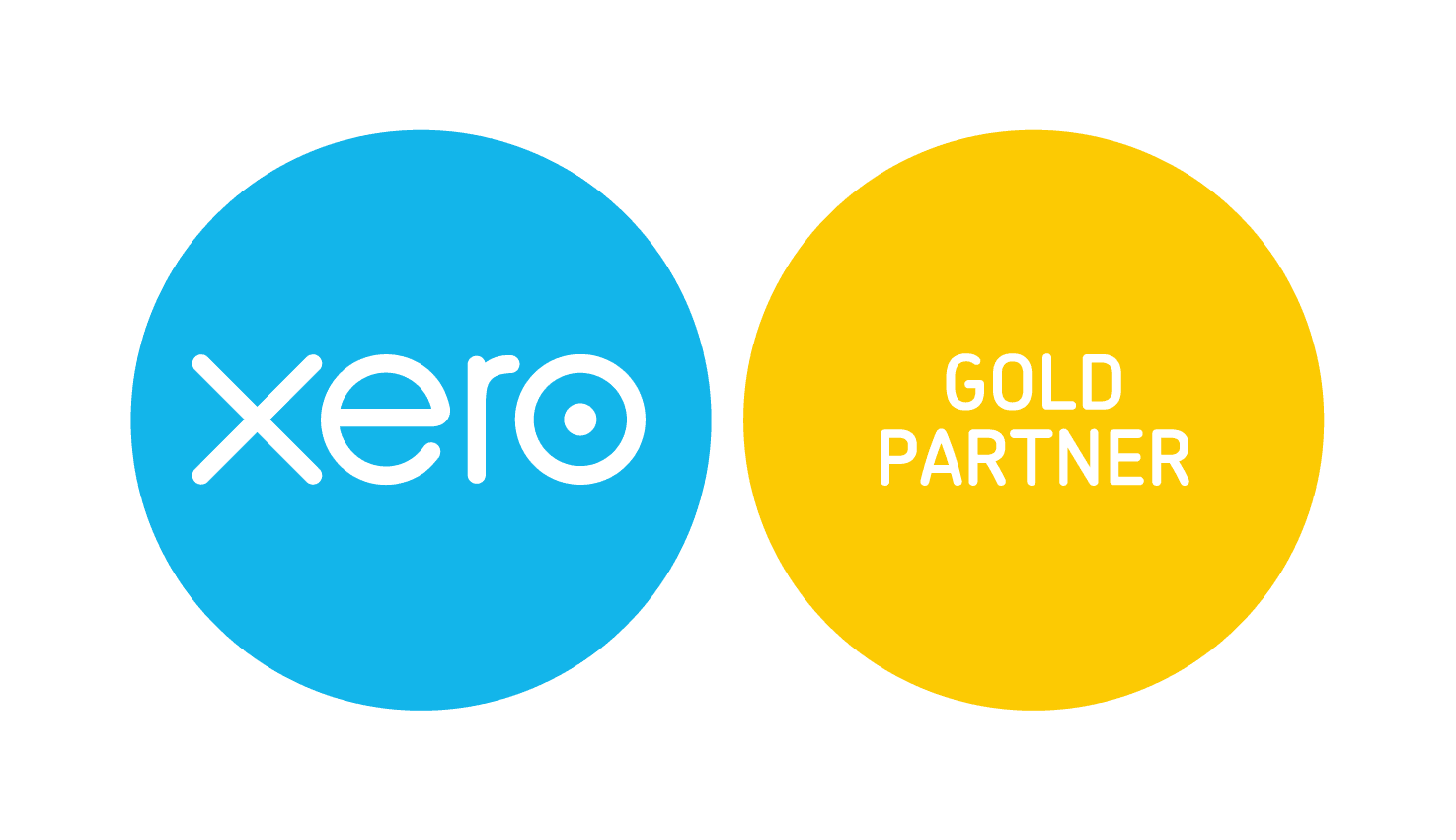Podcast transcription with introduction removed
Should I save for tax during the year?
I guess the first thing for me to mention is that I do believe it is worthwhile saving for tax as you’re earning the money. What it can be tempting to do is wait until you’ve completed your self-assessment tax return, know what your tax bill is and then spending the remaining months between knowing that and the deadline at the end of January saving that money and gathering everything together to pay that tax bill. For some people, if you’ve got a very consistent or constant business, that can be okay, but for some of us, your income and your business might be a little bit more up and down.
What you don’t want to happen is to have a very good year and then the following year, something happens. It could be that you lose your main client or it could be that you become unwell, so have a period of time where you’re not able to work, or maybe even we have a global pandemic, and then you’re in a situation where not only are things a lot tighter anyway, you’ve got the added pressure of having to save money for a higher tax bill, due to the good time that you had the year before.
If you can get into the habit of just every month putting a little bit aside for tax, you are then saving for that higher tax bill in a year where you’re earning that higher income, and it should be then that you’re never under pressure to save for tax. In theory, you’ll have the money ready for when that tax bill comes in.
How is will the tax on my profits be calculated?
The next thing I need to go through is just kind of briefly explaining how the UK tax system works. I know this sounds very boring, and it’s probably quite hard to do on a podcast. There are times where sometimes a visual, just a slide or an Excel spreadsheet would be really helpful. Most of us, when we imagine our sort of taxes and what we need to save, envisage like a graph where we’ve got this red line going up in a nice 45 degree angle kind of thing, so that means that I can say to you, you need to save 30 per cent of all of your income and that will cover your tax bill.
But the reality is, the tax system doesn’t work like that, it doesn’t increase in this lovely gradient. What it actually does is have certain points where the tax bill kick, and so it’s almost like steps. The first sort of kick point is around about the personal allowance. Now, there is a bit of a misunderstanding, it’s probably not quite a myth, is that you don’t pay any tax until you hit that personal allowance. The reason why I say this is a misunderstanding is because national insurance actually kicks in before then. By the time you get to that personal allowance, you’ll probably have a national insurance liability of about 400 pounds, give or take.
Once you pass the personal allowance, any income beyond then will be taxed at 29 per cent, and this is where, when I say to save 30 per cent, and if you ask on any kind of forums, 30 per cent is normally the percentage that you are told, and that’s where this is coming from. In the basic rate band, you will be taxed 20 per cent tax and nine per cent NI. In theory, obviously if you’re saving 30, you are saving that 29.
The next kick comes in at around about 50 thousand, so that’s when you go into higher rate tax, and that 29 jumps to 42 per cent. This is worth sort of keeping in mind, especially if you’ve been in the habit of saving up previously or if your business has suddenly grown, and it’s gone past one of these kick points. Kind of linking with this, it is worth doing a little bit of bookkeeping during the year, just to kind of keep an eye on things. If your business is small, you’re invoicing about a thousand pounds a month, and you expect your tax, your profit, so what you’ll pay tax on, assuming you’ve got no other income that is, to be about the 12 thousand, the personal allowance, I would just set aside about 400 pounds and you are absolutely fine.
Should I be putting aside 30% for tax?
If you know that your income or your profits that we pay tax on is going to be over the 50 thousand, you may want to be saving about 40 per cent, maybe 30, 40, in that kind of region, but otherwise if you’re falling kind of within that 12 and a half to 50, 30 per cent is not going to be a bad place to start. Definitely do not save more than that. If you are a service-based business, then you’re going to have fewer profits than if you are more of a product-based business, so keep an eye on where your actual profits are, because that can be considerably different to your income.
If you’re a service-based business, probably 25 per cent maybe, 30 if you can afford it, and you’ll know then you’ll get a bit of a bonus at the year end, if your profits are going to be between 12 and a half and 50. If you’re a product-based business, you maybe want to save a bit more, like ten, 15 per cent, because obviously what a client pays you is going to be a lot higher than your actual profits that you’ll be paying tax on. I’m aware that’s a very grey answer, so as I said, if you’re unsure, just do 30, but it will mean obviously that if your profits come in below 12 and a half, you’re going to have massively over-saved tax, and possibly put yourself in more of a cashflow struggle than you would be if you’d actually just saved 400 pounds.
If you know that your business is going to be making 60, 70, 80, that kind of level of profits, if you’re saving 30 per cent, you’re going to have found that you’ve under-saved tax, but for most of you, probably saving between 25 and 30, if you’re in a service-based business, is going to be more than enough. And if you’re a product-based business, maybe between ten and 15 per cent is a great place to start, so get into the habit if you can of adding up your invoices, and at the end of every month, transfer in that ten, 15, or 25, 30 per cent into a separate savings account, so you’re saving as you go for your tax bill.







